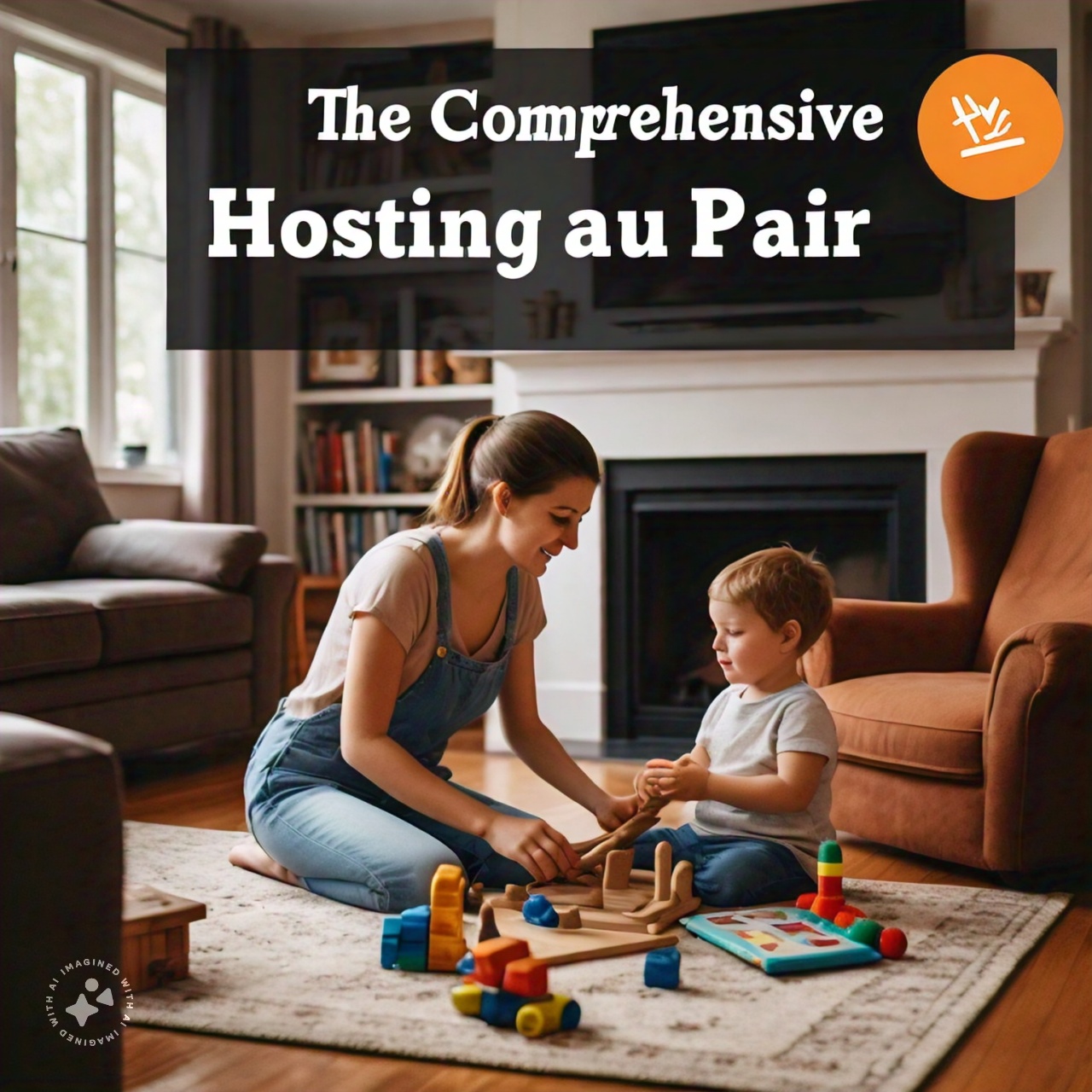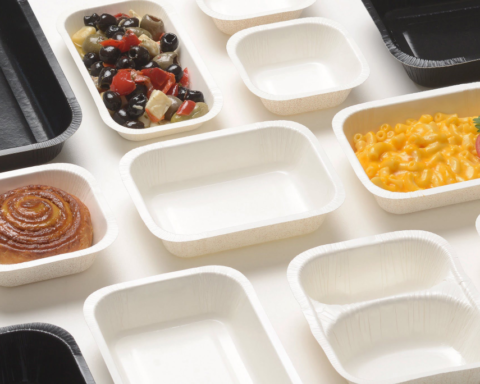Post Preview
Key Takeaways:
- Hosting an au pair offers a unique blend of cultural exchange and childcare support.
- Economic considerations, logistical management, and family dynamics are crucial in successful hosting.
- Extensive research and preparation can significantly enhance the hosting experience.
Table of Contents:
- Introduction to Au Pairs
- Benefits of Hosting an Au Pair
- Economic Considerations
- Cultural Enrichment
- Preparing Your Home
- Navigating Family Dynamics
- Tips for a Successful Experience
Introduction to Au Pairs
Bringing an au pair into your home can be a transformative experience for the family and the au pair. An au pair provides childcare and an opportunity for a unique cultural exchange that can enrich everyone involved. If you find an au pair to join your household, it’s essential to understand the various facets of hosting an au pair to ensure a smooth and beneficial experience for all parties.
The role of an au pair goes beyond traditional babysitting. Au pairs live with the host family and become a part of their daily lives, offering support in childcare and household duties while sharing their cultural background. This integration into the family dynamic allows for deeper bonds to form, offering both the au pair and the family opportunities for personal growth and cultural understanding that are often absent in more conventional childcare arrangements.
Benefits of Hosting an Au Pair
Hosting an au pair can offer numerous benefits beyond just childcare. It provides many families with a flexible and personalized way to meet childcare needs. Unlike traditional childcare options, an au pair can adapt to the specific schedule and needs of the family, providing a more tailored approach to caregiving. Additionally, it offers children a chance to learn about different cultures and languages firsthand. These shared experiences can foster a sense of global awareness from a young age, helping children grow up with a broader understanding of the world and promoting open-mindedness.
In addition to flexibility, having an au pair allows for consistent and stable care. Children benefit from being cared for in a familiar environment by a caregiver with whom they can form a close bond over time. This emotional stability is invaluable for young children, enhancing their security and overall well-being.
Economic Considerations
When considering hosting an au pair, economic factors come into play. The cost of hosting an au pair can be comparable to traditional daycare or nanny services but with added benefits such as flexible hours and personalized care. Factors like agency fees, stipends, and educational allowances must be factored into the overall budget.
While initial costs, such as agency fees and travel expenses, are associated with bringing an au pair into your home, the ongoing costs can be manageable. Families should also consider the value of the intangible benefits, such as the cultural learning opportunities and the stability of having a dedicated caregiver. Making a detailed budget and understanding all potential costs is critical to ensuring a positive and sustainable hosting experience.
Cultural Enrichment
One of the most exciting aspects of hosting an au pair is the potential for cultural enrichment. Au pairs often come from diverse backgrounds and can bring with them new languages, traditions, and perspectives. This enhances the family’s cultural awareness and fosters a deeper understanding of the world. Daily interaction with someone from a different culture can introduce children to new foods, customs, and stories, broadening their horizons in educational and enjoyable ways.
The mutual exchange of cultures can be a source of joy and learning for the family and the au pair. Hosting an au pair allows families to partake in traditions and celebrations they might otherwise never experience, and it provides the au pair with an intimate look into life in another country. This reciprocal cultural exchange can lead to lifelong friendships and a richer understanding of global interconnectedness.
Preparing Your Home
Before your au pair arrives, adequately preparing your home is essential. This involves setting up a private living space that respects the au pair’s privacy while integrating them into the family environment. Whether it’s a separate guest room or a private section of the house, ensuring the au pair has their own space is essential for their comfort and well-being. A thorough orientation about the home, neighborhood, and family rules will help them acclimate more rapidly.
Preparation also includes familiarizing the au pair with local amenities, health services, and transportation options. This makes transitioning easier for them and ensures they can navigate their new environment confidently. Providing resources, like maps, local guidebooks, and access to community groups, can make a significant difference in helping the au pair feel welcomed and supported.
Navigating Family Dynamics
Family dynamics can shift when a new person enters the household. Open and frequent communication is critical to navigating these changes smoothly. It’s essential to regularly check in with all family members, including the au pair, to ensure everyone feels comfortable and valued in their roles. Establishing a weekly meeting can be a good practice to address any concerns or suggestions, ensuring that issues are resolved before they become problems.
Understanding and respecting cultural differences is also vital. Encourage the au pair to openly share their artistic practices while being candid about their family traditions. Creating a collaborative environment where both parties learn from each other can significantly enrich the experience, fostering mutual respect and understanding.
Tips for a Successful Experience
Proactive communication, mutual respect, and clear expectations are vital for a successful au pair experience. Encourage your au pair to share their cultural practices and try to integrate some of these into your family routines to deepen the cultural exchange. Regular check-ins and constructive feedback also help ensure the relationship remains strong and positive.
Setting aside time for mutual activities can also help build a strong bond. Whether it’s sharing meals, going on family outings, or celebrating holidays together, these experiences can make the au pair feel genuinely part of the family. Remember, the goal is not just to have a caregiver but to integrate a new member into your family dynamic, enriching the lives of all involved.
Keep an eye for more news & updates on EssentialTribune.Com!








